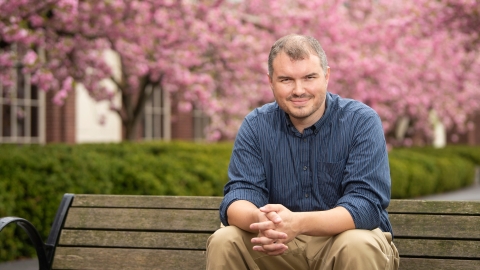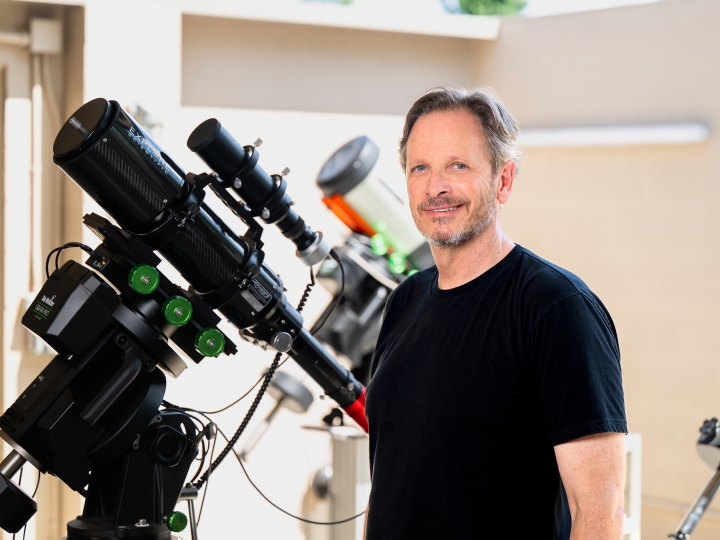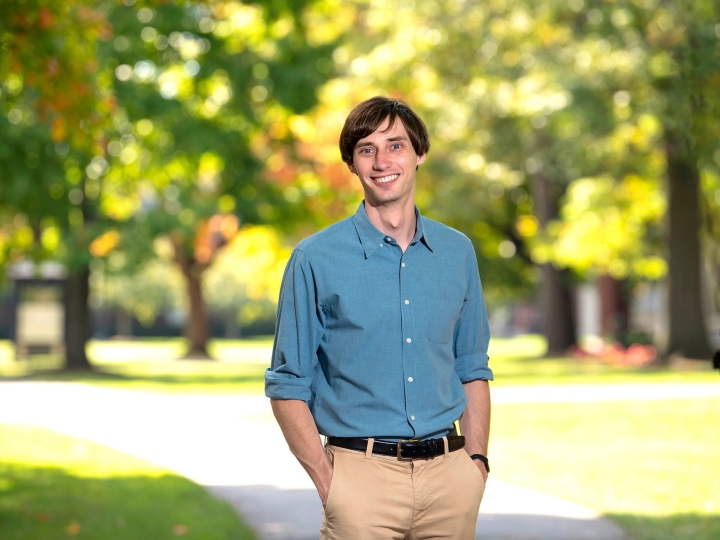
Matthew Slater, Philosophy
July 1, 2018
If students really understand the material, they can address unanticipated questions and problems — and in a world changing as fast as ours, that's what they'll need.
Researchers already know the impact politics has on our beliefs about science-related issues.
"A lot of what we believe is not based on a careful consideration of relevant evidence," says Professor Matthew Slater, philosophy. "Instead, we often defer to our ideological tribes."
Slater's interests lie in the impact of scientific literacy on political division. Contrary to what one might expect, greater science literacy doesn't translate to consensus on hot-button topics such as climate change. Slater says research shows greater literacy actually leads to more political polarization.
His latest research project examines how various conceptions of scientific literacy correlate with polarization. The initial results suggest that people are less polarized when they understand the scientific process itself and the cooperative nature of the scientific community. In fact, understanding that process has more effect on reducing polarization than understanding scientific facts about a particular subject.
Slater's research also considers how science is communicated to the public. As an example, he cites the public frustration and confusion resulting from conflicting media reports about the health risks or benefits of consuming red wine. Slater says if the public understood that science is a self-correcting continuum of research rather than a single news report based on the latest results of one scientific study, it might be possible to foster greater consensus about science-related issues — and that could also help to close the political divide between us on science-related topics.
"Research suggests if people understand more about the social side of science, they will be more apt to trust the scientific consensus on an issue," he says.
In the classroom, Slater's students can expect an active, challenging approach that emphasizes truly understanding the subject so it can be connected and applied in flexible ways.
"If students really understand the material, they can address unanticipated questions and problems — and in a world changing as fast as ours, that's what they'll need," Slater says. "In class, we're just scratching the surface. I hope students take away the tools to keep scratching and the curiosity to keep engaging with the world to try to understand it in a nuanced way."

